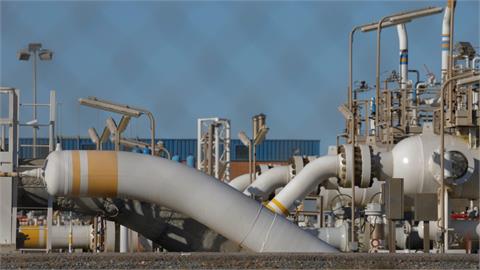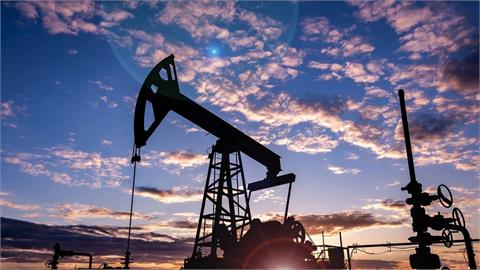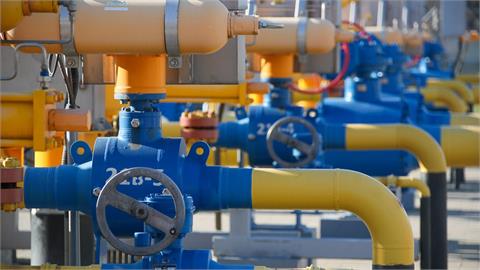In light of the recent attacks on Saudi Aramco’s oil facilities, a more robust defense system needs to be implemented to detect such low-altitude missiles and drones, Arda Mevlutoglu, an expert on defense politics told Anadolu Agency.
The missiles and drones that were used in the recent attacks fly at low altitude and cannot always be picked up by ground-based air defense systems such as the Patriot defense system. However, a system, such as the Airborne Warning And Control Systems (AWACS), could be used in conjunction with a conventional air defense system to detect these missiles, he said.
"What is interesting about these attacks is that they were simultaneously executed with drones and cruise missiles. To realize such coordinated and organized attacks, advanced planning and experience would be needed,” he affirmed. Consequently, the defense mechanisms against such attacks should also be better coordinated, he suggested. The success of the attacks on Saudi Aramco's plants proves that the Saudi defense mechanism was insufficient, he said.
He contended that the weakness of the defense system for such critical oil plants in Saudi Arabia is alarming for a country that is availing of the most advanced arms against an important regional power like Iran.
- Desperate times call for desperate measures
Terror organizations and non-state actors in conflict zones like Libya, Syria and Yemen use unconventional war methods, which generate a market between these organizations for the trade of weaponry and technical expertise. "This market should be tracked and eliminated," Mevlutoglu said.
Closer to home, the defense of critical energy infrastructure in Turkey, including the country's first nuclear power plant (NPP), Akkuyu NPP, and the Tupras and Socar oil refining facilities requires a comprehensive early warning system.
He advised that the system be based on instant data and information collection and sharing between military forces and security forces together. "To exterminate threats, it needs the capability of coordinating cyber warfare and barreled and non-barreled anti-air defense systems," he explained.
He cited the example of such coordinated use of electronic warfare and anti-aircraft defense systems against drone attacks at the Khmeimim airbase in Syria when Russia successfully thwarted drone attacks in January 2018.
-Extra defense measures could increase energy costs
According to Azime Telli, an academic member of the international relations department at the University of Mersin and expert on energy diplomacy, these non-conventional attacks on Saudi Aramco’s plants are old news, but what is new is the target of energy infrastructure.
"Before the attacks, energy infrastructures were not targeted even during wars. They were protected by an ‘unwritten treaty’ throughout the world," she said.
Because it was considered of mutual interest and benefit, there was no need for special security measures for their protection, she added. However, after the Saudi attacks, "we can expect that extra security measures will be taken, which could increase the cost of energy.”
-Saudi Arabia's stability might be affected
She said that energy prices have been used as a tool in energy diplomacy, and from now such violent elements could be used to destabilize the region and trigger other attacks. "Potential further attacks would cause a second era of economic depression, especially while energy demand also decreases because of trade wars between the U.S. and China," Telli said.
"Although there is no major energy supply problem globally at the moment, for Saudi Arabia these attacks could result in serious economic costs since the targeted plants are for the export market. It could even lead to domestic instability if the Saudis cannot control the crisis properly," she warned.
- Security of Turkey's energy facilities
These attacks highlighted the importance of defense mechanisms for energy infrastructure. For Turkey, the Tupras and Socar oil refineries hold great importance since they supply the domestic market’s needs, Telli said.
Furthermore, she said that nuclear plant security is also critical because, in the aftermath of an attack, damage would not only be inflicted on the economy, but human health and the environment. She added that "when the construction of Akkuyu NPP is completed, the S-400 defense system could protect it. I assume the government is also considering this option.”
Nonetheless, she advised that an early warning system be implemented in addition to act as a deterrent, and stop unconventional attacks. "In Turkey and throughout the world, defense mechanisms are designed to combat conventional invasions, however, this should be revised accordingly to counter unconventional attacks,” she concluded.
(Anadolu Agency)



